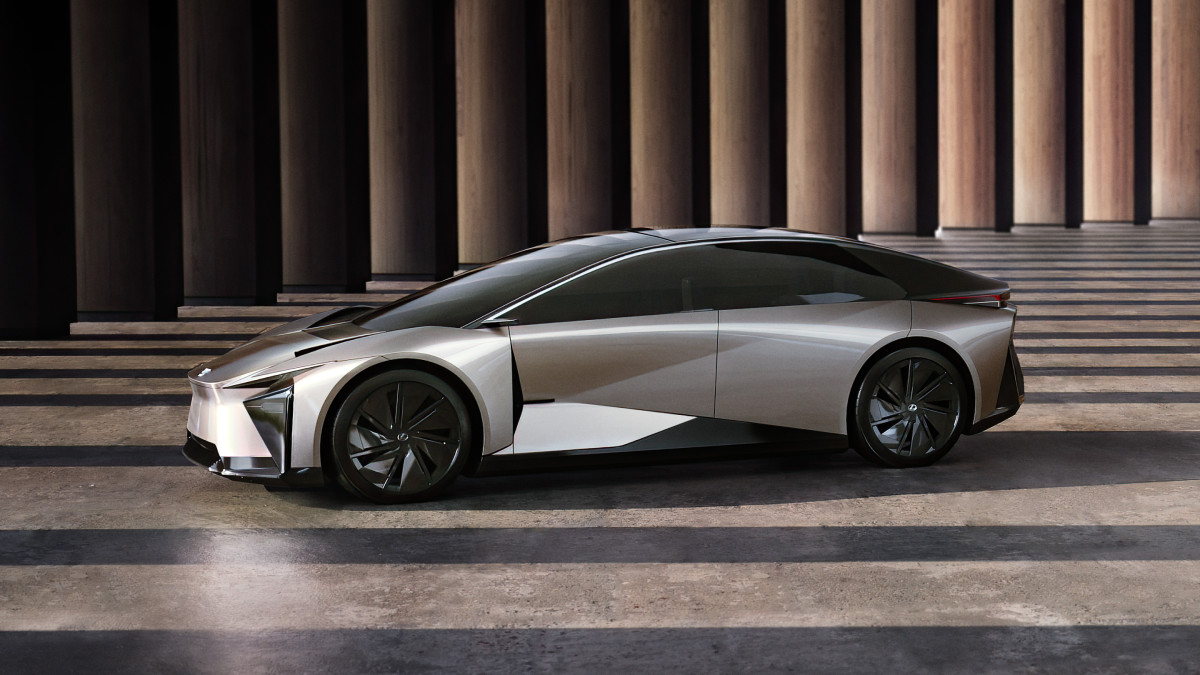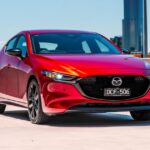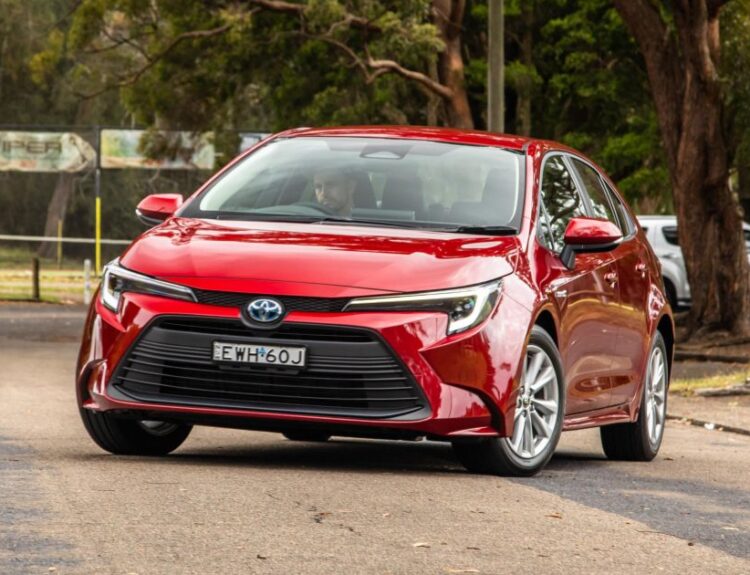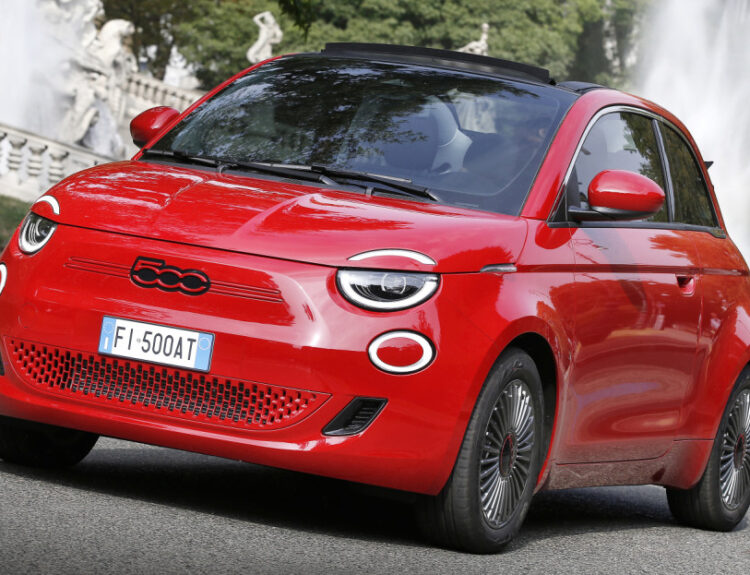
Toyota has faced criticism for its cautious approach in the electric vehicle realm, and the company’s recent announcement will likely amplify these concerns. The automaker revealed that the production timeline for its highly anticipated next-generation Lexus EV has been postponed from 2026 to mid-2027. This decision was announced at the 2023 Japan Mobility Show, where Toyota unveiled its new Lexus EV concepts.
Related: Volkswagen strikes deal to avoid German plant closures
Lexus Sets Ambitious Goals for Electric Future
Unlike earlier efforts like the Toyota bZ4X and Lexus RZ, which many consumers perceive as half-hearted entries into the EV market, Toyota is aiming for a transformative leap with its next-gen Lexus electric vehicles. The automaker has cited the need for an extended development period as it endeavors to reshape both the Lexus brand and the broader electric vehicle landscape.
Lexus LF-ZC/ZL Platform
Lexus
Beyond introducing a robust new electric vehicle architecture, Toyota plans to elevate expectations by implementing cutting-edge technology. The forthcoming models are designed to offer battery packs with the potential for double the range of existing competitors, targeting a minimum of 600 miles per charge and an impressive charging time of just 20 minutes.
Lexus LC-ZC Concept EV
Lexus
The future Lexus EV lineup will integrate the innovative Arene operating system, tailored for adaptability and user-centric features. This system includes an AI named Butler, which is capable of learning and adjusting vehicle settings based on individual driver preferences. Adding an intriguing element, Toyota has indicated that drivers may also engage in e-sports using steer-by-wire technology, a concept that could provoke both fascination and apprehension.
Related: The 2025 Lexus RZ has a much lower starting price than the outgoing model
Showcasing Electric Visions at Japan Mobility Show
First introduced at the 2023 Japan Mobility Show, the electrified Lexus LF-ZC and LF-ZL concepts represent Toyota’s vision of the future. The LF-ZC was originally slated for a 2026 launch before it was shifted to mid-2027, while the LF-ZL, positioned as the brand’s flagship concept, currently lacks a specific launch date.
The LF-ZC promises to redefine the electric vehicle landscape, featuring a distinctive design and built upon a new electric platform. Measuring 187 inches in length and standing at a notably low 54.8 inches in height, the LF-ZC is designed to differentiate itself from the competition.
The LF-ZL, an SUV variant of the LF-ZC, shares the platform and measures 208.7 inches long with a wheelbase of 131.9 inches. Moreover, Toyota has trademarked the names LF-ZV and LF-ZA, hinting at additional concepts in development for the EV market.
Related: Jeep did what? Wrangler automatic back after fans revolt
Concluding Thoughts
As Toyota faces delays in its U.S. EV rollout, it risks falling further behind competitors who are rapidly advancing their electric offerings. The decision to postpone the Lexus EV concepts casts shadows on a brand struggling to inspire consumer confidence, particularly after lukewarm responses to models like the bZ4X and RZ.
Nonetheless, this is Toyota—a pioneer in hybrid technology with the Prius leading the charge over two decades ago. It’s premature to dismiss their potential. However, as the automotive landscape evolves, especially with the influx of new players from China, time is of the essence. When these new Lexus EVs finally emerge, they will need to be groundbreaking to reclaim lost ground in the electric vehicle race.
Related: Toyota’s EV game plan: Why they’re ignoring the U.S. (for now)
Source:www.autoblog.com






